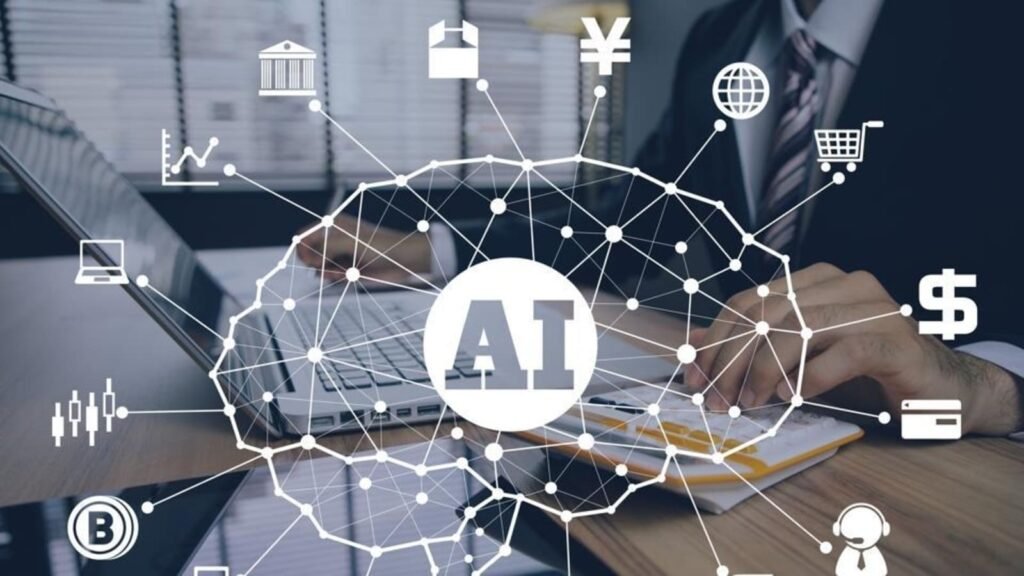Introduction
India’s Business Process Outsourcing (BPO) sector, once synonymous with human-driven customer service and back-office operations, is undergoing a massive transformation. With artificial intelligence (AI) and its more advanced offshoot—Agentic AI—making inroads, the traditional BPO model is being reinvented. What was once a labor-intensive industry is now being reshaped into a tech-first powerhouse, leveraging automation, machine learning, and autonomous agents to boost efficiency, reduce costs, and create new opportunities.
The Evolution of India’s BPO Industry
India’s BPO industry emerged in the late 1990s and quickly became a global hub due to its large English-speaking population, competitive labor costs, and strong IT infrastructure. From simple data entry tasks to complex customer service operations, Indian BPOs became indispensable to global businesses.
By 2024, the sector was worth $54 billion, employing over 4 million people and serving Fortune 500 companies across industries like finance, healthcare, retail, and telecom. However, growing competition, rising labor costs, and increased demand for 24/7 services began to challenge the traditional model.
The AI Shift: Automating the Mundane
AI has introduced game-changing technologies in the BPO space. Here’s how:
- Chatbots and Virtual Assistants:
AI-powered chatbots now handle millions of customer queries with human-like efficiency. This reduces wait times and operational costs while ensuring consistent service.
- Natural Language Processing (NLP):
Advanced NLP models understand and respond to queries in multiple languages and dialects—crucial for India’s diverse linguistic environment.
- Speech and Sentiment Analysis:
AI tools analyze customer conversations to assess emotions, detect problems early, and even coach agents in real-time.
- Robotic Process Automation (RPA):
Repetitive tasks such as data entry, invoice processing, and compliance checks are now automated, allowing human workers to focus on higher-value activities.
Agentic AI: The Next Frontier
While traditional AI automates tasks, Agentic AI introduces autonomous agents capable of decision-making, learning, and adapting in real-time with minimal human intervention.
Key Features of Agentic AI in BPO:
- Goal-Oriented Execution:
These AI agents are not just reactive; they are proactive. They can initiate actions, optimize workflows, and even resolve complex issues without explicit instructions.
- Self-Learning Capabilities:
They continuously learn from interactions, feedback, and results, making them smarter and more efficient over time.
- End-to-End Process Handling:
From receiving a customer complaint to investigating, resolving, and reporting—it’s all managed by Agentic AI with minimal human oversight.
Impacts on Employment and Skills
The rise of AI doesn’t spell doom for human jobs but rather a reskilling revolution. Roles like data entry operators and call handlers may decline, but new roles in:
- AI training
- Prompt engineering
- Data annotation
- AI auditing
- Emotional intelligence-based support
…are on the rise.
BPO firms are now investing heavily in upskilling programs to help employees transition to more strategic and analytical roles.
Real-World Examples
- TCS and Infosys have deployed AI-powered platforms for client service optimization.
- Wipro’s Holmes and HCL’s DRYiCE are AI-led automation platforms being used in global service delivery.
- Startups like Yellow.ai and Uniphore are pioneering conversational AI used by BPOs globally.
Challenges in Adoption
Despite the potential, several challenges exist:
- Data Privacy & Compliance: Ensuring GDPR and other data regulations are met.
- Ethical AI Use: Preventing bias and ensuring transparency.
- Change Management: Managing fear of job loss among employees.
- Infrastructure Investment: High upfront costs for AI integration.
The Road Ahead
India’s BPO sector stands at a strategic inflection point. With government support, increasing AI adoption, and a growing global appetite for digital services, the sector could evolve into a Cognitive Process Outsourcing (CPO) model—where intelligence, not just labor, is outsourced.
Conclusion
AI and Agentic AI are not just enhancements—they are rewiring the very foundation of India’s BPO industry. The next decade will witness a leaner, smarter, and more resilient BPO ecosystem, powered not by rows of operators but by intelligent machines and empowered human talent. India’s leadership in this transformation could define its global digital legacy.


